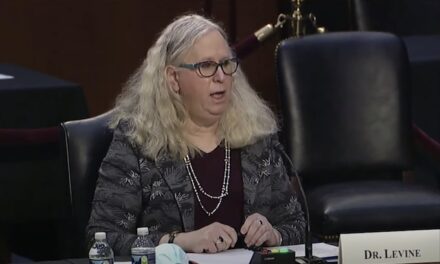U.S. stocks marked the longest streak of weekly losses since 2001 by the end of trading Friday as the S&P 500 dropped into bear market territory.
The index had fallen more than 20% from its record closing high of 4,796.56 on Jan. 3 during trading Friday but edged up by the end of the day to close 18.7% lower than at the start of the year for its seventh consecutive week of losses, Yahoo! Finance reported.
The Nasdaq Composite, which fell 0.3% to close at 11,354.62, has been in a bear market since April 29 and now sits 30% down from its recent all-time high.
The Dow Jones Industrial Average saw a sell-off Friday with large drops in shares of Boeing and Caterpillar to end its eighth straight week of losses at 31,260.58, MarketWatch reported.
The Dow, which has fallen more than 10% from its recent record high, has not approached the threshold of a bear market.
Bear markets are considered important measures of poor investor sentiment and are usually accompanied by a recession. According to CNN Business, the market crash of 1987 was the only bear market in the past 50 years that did not come with a recession.
Keith Lerner, co-chief investment officer at Truist Advisory Services, said in a note Friday that the S&P 500 has fallen an average of 29% around recession with the median being 24%.
Some experts anticipate that investors may have to suffer through a bear market for some time while others noted that a bear market does not mean a recession is inevitable.
“Our economists estimate a 35% probability that the U.S. economy will enter a recession during the next two years and believe the yield curve is pricing a similar likelihood of a contraction,” David Kostin, Goldman Sachs chief U.S. equity strategist, wrote in a note this week.
“Rotations within the U.S. equity market indicate that investors are pricing elevated odds of a downturn compared with the strength of recent economic data.”
Earlier this week, “seemingly safe-haven stocks” Walmart and Target reported that customers were buying fewer items and avoiding expensive purchases.
Copyright 2022 United Press International, Inc. (UPI). Any reproduction, republication, redistribution and/or modification of any UPI content is expressly prohibited without UPI’s prior written consent.
—-
This content is published through a licensing agreement with Acquire Media using its NewsEdge technology.



















IF the eggheads in wall street ARE THIS Wussy pipped, that they sell off, over mere FEAR something MAY happen, then they are in the WRONG BLOODY BUSINESS>